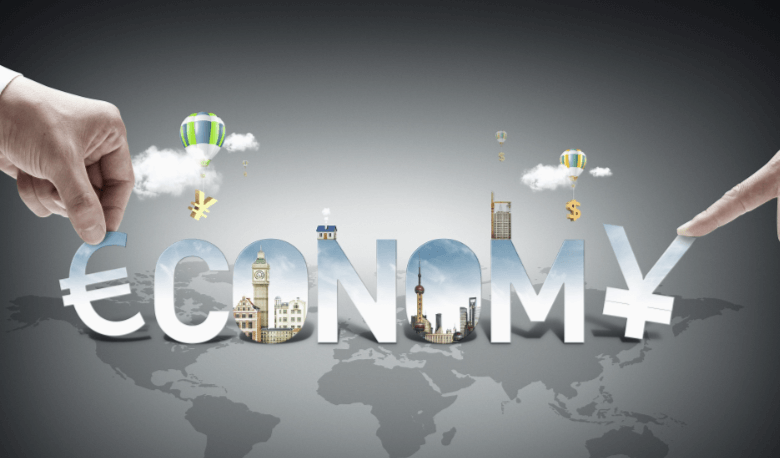Transparent:0zmunyenvqi= Economy

In today’s interconnected global economy, the concept of transparency holds a significant place in shaping the dynamics of financial systems and business operations. A transparent economy is not merely a buzzword but a fundamental pillar that underpins trust, accountability, and sustainability. By shedding light on financial transactions, policies, and decision-making processes, transparency plays a crucial role in ensuring fairness and reducing the risk of malpractice. However, the impacts of a Transparent:0zmunyenvqi= Economy extend far beyond regulatory compliance and ethical standards, influencing various aspects of societal development and economic growth.
The Importance of Transparency
Transparency in economic systems plays a pivotal role in fostering trust among stakeholders and enhancing accountability within organizations.
Government transparency ensures fair policies and prevents corruption.
Corporate ethics, when transparent, build credibility and customer loyalty.
Organizations that prioritize transparency tend to perform better financially and have stronger long-term sustainability.
A transparent economy creates an environment where trust is cultivated, benefiting both businesses and society as a whole.
Benefits of a Transparent Economy
Enhancing transparency within an economy has been consistently linked to improved governance, increased investor confidence, and reduced opportunities for corruption.
Transparent economies tend to experience increased efficiency due to better allocation of resources and reduced wastage.
Moreover, the decrease in corruption levels allows for fair competition, fostering a more competitive market environment.
Read Also Transparent:0w0i9p4jr_I= Spongebob Clipart

Building Trust and Accountability
Fostering trust and ensuring accountability are fundamental pillars in establishing a solid foundation for a transparent economy. Trustworthiness is essential for all stakeholders to have confidence in the system, while responsibility ensures that actions align with ethical standards.
Emphasizing these values promotes integrity and reliability, leading to a sustainable and flourishing economic environment. Building a culture of trust and accountability is key to fostering long-term prosperity and stability.
Conclusion
In summary, a Transparent:0zmunyenvqi= Economy is the cornerstone of trust, accountability, and sustainability.
The benefits of open communication and disclosure are evident in fair policies, reduced corruption, and improved governance.
By promoting transparency, businesses can compete fairly, leading to increased efficiency and economic prosperity.
However, the true irony lies in the fact that achieving full transparency remains a constant challenge, as hidden agendas and vested interests often obscure the path to a truly transparent economy.





